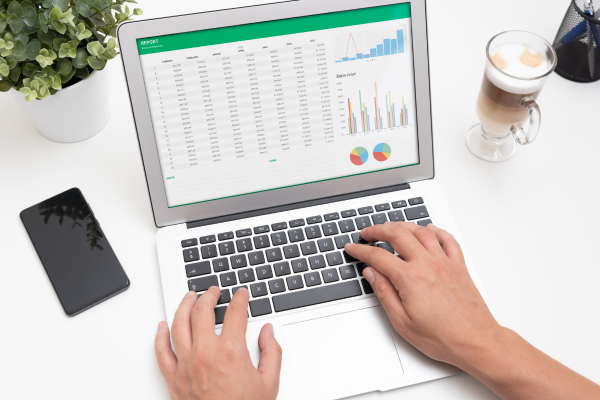Statutory Sick Pay (SSP) is pay given to employees by their employers if they are too sick to work and fulfil their duties. Legally, all employers must pay SSP to workers and employees, providing that they meet eligibility requirements.
How much is Statutory Sick Pay and how long does it last?
If an employee is too ill to work, SSP can be paid for up to 28 weeks. Employees are paid a minimum of £99.35 a week. Employees cannot be paid less than £99.35. SSP is paid for the ‘qualifying days’ an employee normally works. However, employees can be paid more depending on their company’s sick pay scheme or ‘occupational scheme’. This must be included in employment contracts.
Employees are not paid SSP for the first three working days of illness unless:
● They had time off sick before 25th March 2022 due to COVID-19.
● They were already paid SSP in the last eight weeks which included a three day waiting period.
There is a different scheme for Agricultural workers. Find out more about Agricultural Sick Pay on Gov.uk.
How to calculate Statutory Sick Pay
SSP is calculated by the following formula:
Weekly rate of Statutory Sick Pay ÷ number of qualifying days in a week x (Working days worker is ill -3)
When to stop paying Statutory Sick Pay
Once an employee has returned to work, employers no longer have to pay SSP. If employees no longer qualify for SSP, employers don’t have to pay.
When does Statutory Sick Pay start?
Statutory Sick Pay starts after an employee has been sick for four days in a row (this includes non-working days such as weekends). However, if an employee has worked for more than one minute of a day before they go off sick, this doesn’t count as a sick day.
Whilst working out employee SSP seems fairly straight forward, it’s easy to make small mistakes, which could lead to underpaying employees. That’s why it’s advisable for businesses to outsource their payroll so that a payroll provider can ensure it is calculated correctly each and every time.
Who pays for Statutory Sick Pay?
Similarly to wages, the employer pays SSP. Statutory Sick Pay is taxable and subject to National Insurance contributions.
Who qualifies for Statutory Sick Pay?
● A person who is classed as an employee and has done work for their employer. To be classed as an employee they must work under an employment contract.
● Earn at least £123 per week on average before tax.
● Have been ill for at least four days in a row (including non-working days such as weekends).
● An employee who has told their employer within any deadline the employer has set, or within seven days of their illness.
Can annual leave be used during sick leave?
Employees still accrue statutory holiday pay whilst they’re off sick. Annual leave can be used during an employee’s sick leave (it doesn’t matter how long they’re off for).
However, you cannot force your employers to take holiday pay when they are eligible for SSP. Find out how to calculate holiday entitlement for employees.
Do employers need to keep records of Statutory Sick Pay?
Whilst there are no laws or legalities surrounding keeping records of SSP paid to employees, it is certainly useful to have an up to date record of employees sickness absence and sick pay, should there ever be a dispute over SSP.
Time and Attendance software plays a vital role in helping to keep a record of employee’s time, attendance and sickness records.
Speak to one of our advisors today and find out how to revolutionise your HR, time and attendance and payroll processes.














